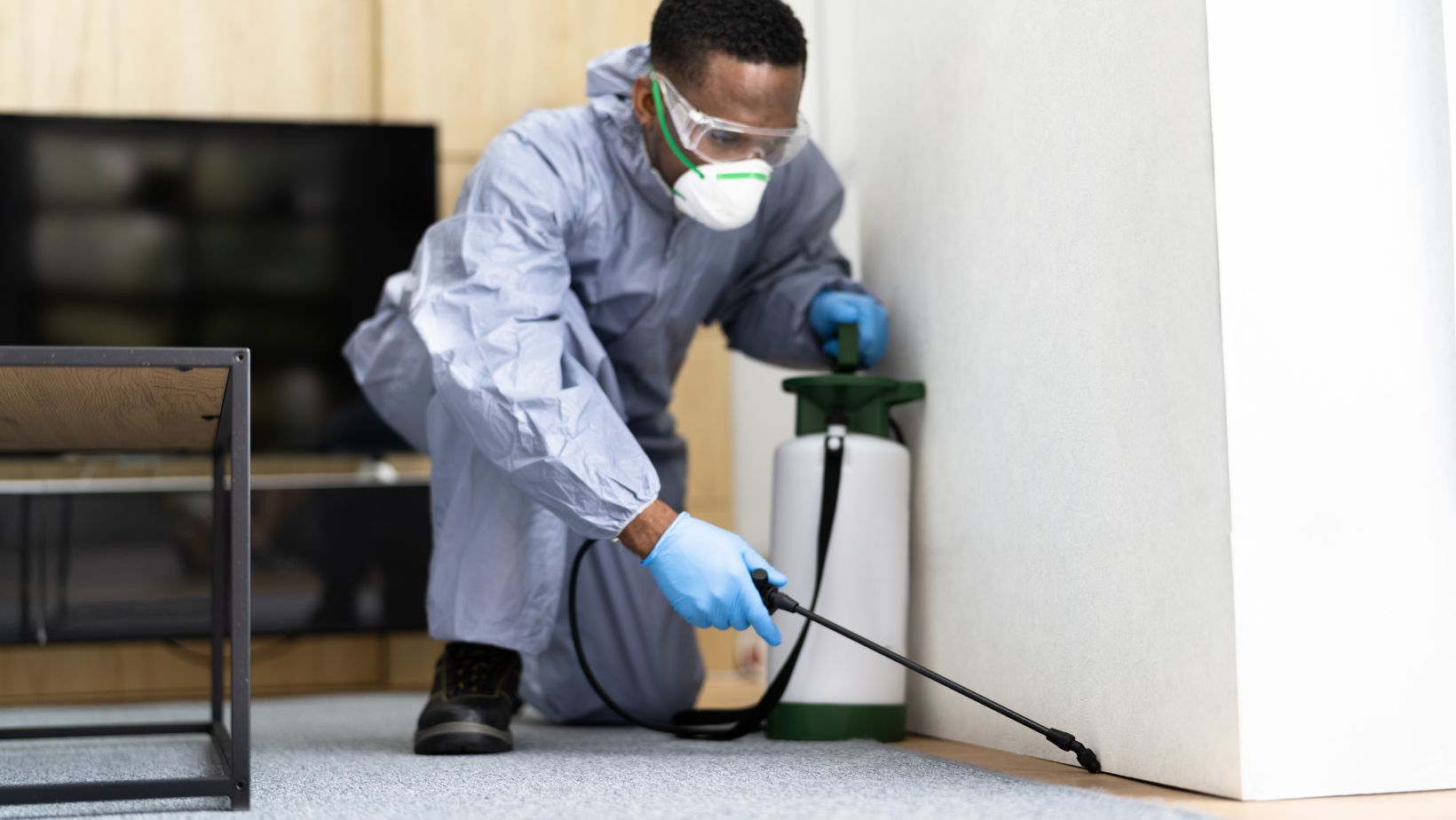Moving into a new home is exciting, but it also comes with responsibilities—one of the most important being pest prevention for new homeowners. Taking proactive steps to prevent pests can save you from costly damage and health risks down the line. Pests like rodents, termites, and insects not only threaten your comfort but can also compromise the structure and safety of your property.
Begin by thoroughly inspecting your new home for any signs of pests before unpacking. Look for droppings, nests, or damage that could indicate existing infestations. Maintaining a clean, debris-free yard and sealing potential entry points will help keep pests out and protect your investment.
By prioritizing pest prevention early on, you reduce the likelihood of dealing with long-term infestations and the associated stress. Your efforts ensure you can enjoy your new space without worrying about unwelcome guests invading your home.
Understanding the Importance of Pest Prevention for New Homeowners
Keeping your new home free from pests protects both your investment and your family’s health. Proactive pest management helps you avoid costly repairs and uncomfortable living conditions. Understanding the specific risks and pest behaviors in your area helps guide effective prevention.
Why Early Pest Control Matters
Addressing pest control before pests become established is crucial. Early treatment prevents infestations from growing, saving you time and money in the long run. In places like Arlington, where certain pests thrive year-round, starting pest prevention as soon as you move in provides you with a stronger defense.
Early control measures also reduce the need for harsher chemical treatments later. This keeps your home safer for children and pets. By acting early, you maintain the structural integrity of your home and prevent damage to wood, wiring, and insulation.
Common Pests New Homeowners Face
In your area, expect common invaders such as ants, termites, cockroaches, and rodents. Termites are especially destructive, often going unnoticed until significant damage occurs. Ants can contaminate food and become a persistent nuisance indoors.
Rodents pose risks of disease and can damage property, wiring, and insulation. Cockroaches trigger allergies and worsen asthma symptoms. Knowing these common pests helps you identify early signs of infestation and apply targeted home pest management techniques.
Risks of Neglecting Pest Prevention
Failing to control pests early can lead to health risks and structural damage. Pests can contaminate food, trigger allergic reactions, and spread bacteria. Termite damage to your home’s foundation and framing can be costly to repair and reduce your property value.
Ignoring pest prevention can also lead to infestations that are more difficult and expensive to eliminate. Some pests carry parasites or diseases that affect your family’s health. Neglect increases the likelihood of recurring pest problems, requiring more frequent treatments over time.
Essential Home Pest Management Strategies
Effective pest prevention starts with consistent habits and targeted actions that reduce risks around your home. By focusing on cleanliness, securing entry points, and managing your yard, you can protect your investment and create a healthy living space, especially if you’re new to homeownership in areas like Arlington.
Maintaining a Clean and Pest-Free Home
Keeping your home clean is a crucial step in maintaining a pest-free home. Pests such as rodents and insects are attracted to leftover food, crumbs, and garbage. Regularly wipe down kitchen surfaces, vacuum floors, and store food in airtight containers to eliminate these attractants.
Trash should be taken out frequently and stored in sealed bins to prevent attracting pests. Pay special attention to areas such as under sinks and behind appliances, where moisture and crumbs tend to accumulate. Maintaining this level of cleanliness helps you avoid infestations before they start.
Identifying Potential Entry Points
Pests can enter your home through even the most minor gaps. Inspect your foundation, walls, and windows for cracks or holes, and seal these with weatherproof caulk or mesh. Doors and windows should have tight-fitting screens and door sweeps to block entry.
Pay close attention to areas where utilities and pipes enter your home, as these are common entry points for insects and rodents. Regularly checking and repairing damaged screens and seals is essential for new homeowner pest protection, helping to maintain a pest-free home year-round.
Yard and Landscape Pest Control
Your yard can either attract or repel pests depending on how it’s maintained. Keep shrubs and trees trimmed back from your home to reduce areas that harbor pests. Remove debris, standing water, and leaf piles that may provide breeding grounds for insects and rodents.
Avoid overwatering lawns and gardens, as excessive moisture can attract pests such as mosquitoes and termites. Consider using natural deterrents in your landscape and consult with local pest control services in Arlington to ensure your yard management supports overall pest control efforts around your property.
Proactive Pest Control Tips for New Homeowners
Taking early, targeted action helps reduce household pest risks and protects your home year-round. Effective pest control involves adapting to seasonal challenges, selecting the appropriate pest control products, and knowing when to seek professional assistance.
Seasonal Pest Prevention Advice
Seasonal pest activity varies, so adjust your approach throughout the year. In spring and summer, focus on eliminating standing water to reduce the number of mosquitoes and clear garden debris where rodents and insects often hide. Seal cracks around doors and windows to block entry points as pests become more active.
During the fall, clean gutters and remove leaf piles to avoid attracting rodents as they prepare for winter. Cold months require extra vigilance inside your home since pests seek warmth. Inspect basements and crawl spaces regularly for signs of infestation.
Year-round, maintain tidy landscaping by trimming branches that are close to the house. This limits pest bridges from trees and shrubs to your home’s exterior.
Safe and Effective Pest Control Products
Select pest control products that have been tested for safety and effectiveness, especially if you have children or pets. Use baits and traps rather than widespread sprays to target pests precisely. Always follow application instructions carefully.
Integrated Pest Management (IPM) techniques balance chemical controls with non-chemical options, such as sealing entry points and maintaining cleanliness, thereby reducing chemical use without sacrificing results.
 Avoid overly broad pesticides that can harm beneficial insects or contaminate indoor air. Select products labeled for your specific pests to ensure effective control.
Avoid overly broad pesticides that can harm beneficial insects or contaminate indoor air. Select products labeled for your specific pests to ensure effective control.
When to Hire Professional Pest Control Services
Some infestations require expert intervention, especially if pests have established nests or if you face wildlife incursions. Call a professional if you detect repeated pest activity despite your efforts, or if you find potentially hazardous pests, such as termites, bats, or venomous spiders.
Professionals provide thorough inspections, customized treatment plans, and safe, humane removal options. They also offer ongoing maintenance to prevent pest infestations from returning.
Critter Stop specializes in humane wildlife and pest removal with exceptional craftsmanship and customer care. You can trust them to handle your pest issues efficiently. Call Critter Stop at (214) 234-2616 for a free inspection and lasting solutions. Their strong reputation and positive customer feedback reflect the high-quality work and outstanding service they provide.


